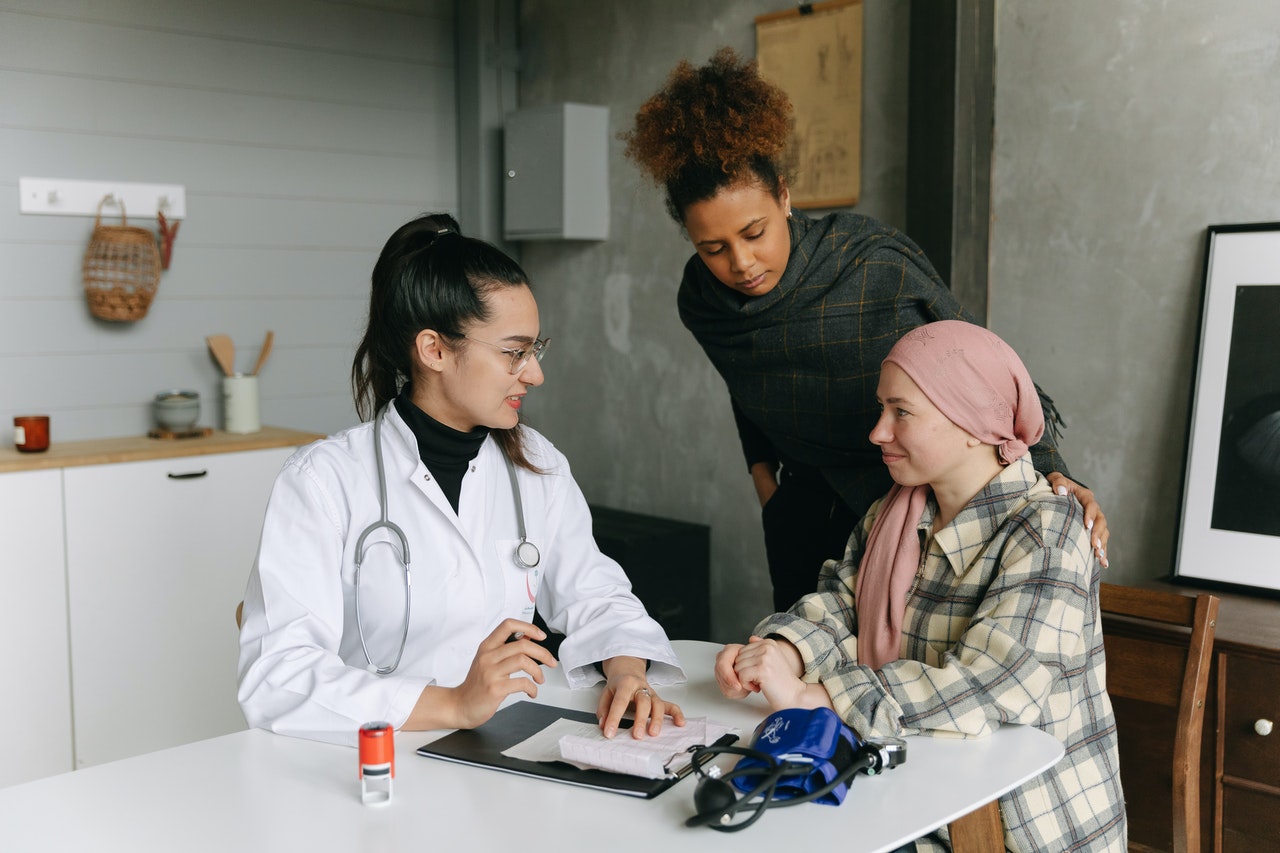Five Tips to Help You Get Through Chemo
Undoubtedly hearing that you have cancer will strike fear in you. However, it is not always the end. From diagnosis to recovery, you have the power to take charge of your health and life. Before proceeding, let’s understand what cancer is.
Uncontrollable cell division causes cancer that damages the immune system and impacts the body’s functions. The uncontrollable cell division occurs either rapidly or slowly.
Cancer has several types depending on cell types, such as squamous and epithelial cells. Some forms of cancer are not as aggressive as others, like lung cancer or mesothelioma.
Although caused by changes to the DNA within cells, several environmental factors also contribute to the cause of cancer. Some environmental causes include lifestyle factors like nutrition and smoking. Additionally, exposure to chemicals from the environment might not be harmful, but some toxic substances damage the DNA and impact our health.
Certain types of work also carry a high risk of cancer, resulting from exposure to certain kinds of chemicals. These include working with asbestos, diesel engine exhaust, or pesticides. Mesothelioma is a common type of cancer that results from workplace exposure.
Cancer is life-threatening and requires immediate treatment. Although several options are available, treating cancer can be costly, especially treating certain forms of cancer like mesothelioma.
Regardless of costs, patients with an aggressive type of cancer still need immediate attention. That is why seeking legal assistance from a mesothelioma lawyer regarding occupational illness can help patients with treatment costs.
Based on the diagnosis, it is likely that doctors will recommend chemotherapy that uses drugs to kill cancer cells. The first line of treatment for cancer is chemotherapy, with side effects that impact a patient’s health.
Let’s look at a few tips to help a patient get through chemotherapy.
Support groups
Chemotherapy does not only take a toll on physical health, but it also impacts a patient psychologically. It is scientifically proven that social support improves treatment outcomes in cancer patients. The thought of someone looking after you as you undergo treatment helps relieve stress and makes the journey less difficult.
Having a support group helps cancer patients in a way that they receive practical help and advice from those who have gone through a similar experience. Support groups are a way to bring people together and provide a safe space for sharing perspectives and gaining courage.
A network of support means that you have someone to look after you from dropping home to helping overcome the side effects of chemotherapy.
Rest
Chemotherapy causes tiredness in cancer patients, which is a common side effect. It is primarily due to the impact of the drug on the body. It might be one of the difficult side effects cancer patients have to deal with but rest or getting sleep are ideal for overcoming fatigue during or after the treatment.
Rest helps lower blood pressure, reduce anxiety and decrease pain. Most significantly, rest allows the body to rebuild cells and relaxes the internal system from being overworked. Usually, people have difficulty falling asleep since reasons like pain contribute to lack of sleep in cancer patients.
Cancer patients must get adequate sleep to increase the body’s energy and its ability to heal. While eating and exercise are vital for gaining strength, getting sufficient rest is also crucial for the recovery process.
If you have just gone through a recent chemotherapy session and have trouble getting rest, focus on your diet, limit screen time, and establish a routine.
Stay Hydrated
It is essential not to get dehydrated when undergoing cancer treatment. During chemotherapy, the body loses more fluid than you take in. Side effects like vomiting or diarrhea are the side effects of chemotherapy that also cause a significant loss of fluid from the body.
You must drink water during and after the treatment. You can ensure it by drinking as many glasses of water as possible. Although eight glasses of water a day is recommended, you can always consult a doctor. In addition to water, you can also have milk or juices to keep yourself fresh and hydrated.
Exercise
As you all know, chemotherapy destroys the cancer cells in the body. Additionally, it causes changes to the healthy cells reflected in the form of either weakness or other side effects of chemotherapy. Regardless of the lifestyle before the diagnosis, an exercise plan can impact your overall health during the treatment.
A well-designed exercise plan has several benefits, including lowering the risk of fatigue or nausea, building strength, and most significantly improving the quality of life. It is always better to consult doctors about developing an exercise regimen suitable to the patient’s condition and safety needs.
An effective program consists of breathing, stretching, and balancing exercises that will improve the physical and mental health of the patient. Precaution should always be kept in mind when exercising, as the side effects from chemotherapy can cause changes to the exercise plan.
Eat Well
Healthy eating habits improve the effectiveness of cancer treatment and lead to better outcomes. Malnutrition is a common problem in cancer patients that causes treatment delays and poor outcomes. As the patient’s body relies on healthy cells to withstand chemotherapy sessions, eating well for better results is essential.
The body requires calories and sufficient proteins to fight infections and heal tissues during treatment. That is why doctors recommend that cancer patients eat more than their average diet.
It is better to adopt a balanced diet with various food groups to balance weight and maintain an appetite.
Conclusion
Depending on the type of cancer, you are likely to feel healthy or want to stay in bed for the foreseeable future. While cancer itself impacts a patient’s health, the treatment also has a few side effects that affect physical and mental health. Some patients have no problem leading a normal life with chemotherapy, whereas others have difficulty eating or resting properly.
Cancer patients are more likely to experience ups and down emotionally. However, some ways can help an individual during their road to recovery. These include taking adequate rest if you experience fatigue after a chemotherapy session, adopting a healthy diet to improve immunity, or regularly exercising to build strength.
You are less likely to see positive outcomes from the treatment unless you make an effort to look after yourself physically and psychologically.


